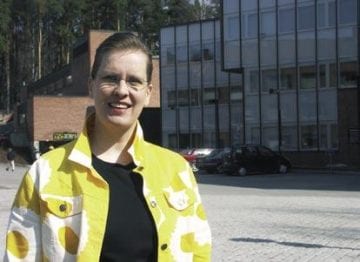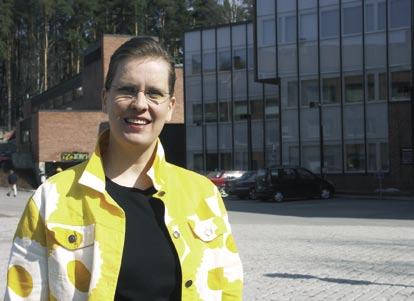Päivi Häkkinen – Computer-supported collaborative problem solving: Capturing skills and processes

Socially organized learning activities with digital technologies are everyday life in small study groups and work teams as well as in broader social networks and communities. Still, the assessment practices of collaborative learning have remained relatively vague. Collaborative problem solving (CPS), a specific type of collaboration, has received increasing interest in large-scale international assessments and educational policy discussions (e.g. PISA’2015, ATC21s). In contrast to individual problem solving, CPS is externalized and measurable activity that integrates both cognitive and social processes. Our research has raised the need for reliable, technology-enhanced methods for assessing and capturing collaborative problem solving. In our approach, we integrate large-scale assessments of CPS skills with accurate measurements of micro-level processes such as joint attention captured by dual eye-tracking methods. In this talk, I will open up the socio-cognitive frameworks of CPS and introduce our approach that utilizes research methods at multiple levels of explanation tracing routes for successful CPS.
